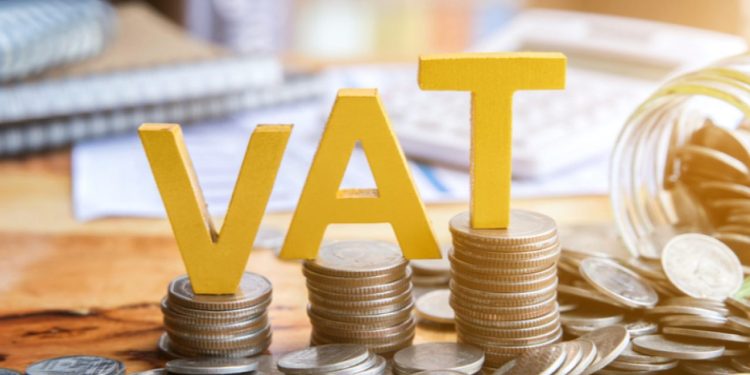Nigeria is poised to capitalize on its burgeoning cryptocurrency market, valued at $56.7 billion, by implementing a 7.5 percent value-added tax (VAT) on crypto transactions starting July 8, 2024. This move signals a significant shift in the government’s approach to regulating and profiting from the crypto sector.
KuCoin, a prominent cryptocurrency exchange, announced that it will begin charging the 7.5 percent VAT on transaction fees for its Nigerian users to comply with the Federal Inland Revenue Service (FIRS) regulations. This initiative aims to align with FIRS requirements and prevent potential conflicts, especially in light of the recent scrutiny and actions against Binance.
Nigeria boasts one of the largest peer-to-peer (P2P) crypto markets globally. According to data from Chainalysis, crypto transactions in Nigeria totaled $56.7 billion between July 2022 and June 2023, reflecting a nine percent year-over-year growth. Emomotimi Agama, Director-General of the Securities and Exchange Commission (SEC), emphasized the substantial involvement of Nigerians in cryptocurrency trading and transactions.
In a communication to its customers, KuCoin stated, “Starting from July 8th, 2024, we will begin collecting a Value-Added Tax (VAT) at a rate of 7.5 percent on transaction fees in each trade for users whose KYC information is registered in Nigeria.” The tax will apply to transaction fees rather than the transaction amounts, affecting all transaction types on the platform.
This regulatory update follows Nigeria’s initial attempt to tax crypto through the Finance Act of 2022, which proposed a 10 percent tax on profits from digital assets, including cryptocurrencies. However, this provision was never enforced.
Industry experts believe KuCoin’s compliance with the VAT requirement may be part of its efforts to obtain licensing in Nigeria. Chimezie Chuta, founder of Blockchain Nigeria User Group, suggested that KuCoin’s move indicates ongoing discussions with the government and compliance with regulatory requirements.
Earlier this year, Nigeria intensified its crackdown on crypto transactions, despite a Central Bank of Nigeria (CBN) guideline intended to govern the digital asset space. The crackdown included restricting access to platforms and delisting naira transactions, attributing these actions to efforts to curb illicit flows and manipulation of the naira-dollar exchange rate.
Olayemi Cardoso, the CBN Governor, revealed that $26 billion flowed through Binance Nigeria within a year from unidentified sources. This revelation underscored the need for stricter regulatory oversight and control over the crypto market.
Dare Adekanmbi, special adviser on media to the FIRS executive chairman, commended KuCoin’s decision to comply with Nigeria’s tax laws, emphasizing that responsible corporate behavior is crucial for business operations in the country.
However, this regulatory move has sparked debates about the legality and future of cryptocurrency in Nigeria. Chuta noted that the imposition of VAT on crypto transactions could lead to a more transparent and regulated industry, provided it aligns with CBN’s stance.
Nigeria’s approach mirrors similar actions by other African nations. For instance, Kenya announced in 2022 that 20 percent would be deducted from transaction fees charged by exchanges, alongside a three percent tax on revenue from selling crypto assets.
While these measures are seen as steps toward regulating the industry and curbing fraud, concerns remain about their impact on the growth and development of the crypto sector in Nigeria. Joel Chibueze, a Lagos-based crypto player, expressed concerns that excessive regulation might stifle the industry, advocating for a balanced approach that allows economic participation and growth.











